
Read offline
automatisch generiertes Audio
1×
Melden Sie sich an, um die Audiozusammenfassung anzuhören.
automatisch generiertes Audio
Recommendation
Many experts call Deng Xiaoping (1904–1997) “the architect” and argue that his idea of “socialism with Chinese characteristics” built modern China. A controversial figure in the West – he was one of the leaders who presided over the butchery that occurred in Tiananmen Square in 1989 – there’s no question that he opened up China to a new era of economic prosperity after quelling the chaos of Mao’s Cultural Revolution. Readers who want to understand how Deng’s policies continue to bear relevance in today’s China will find this article intriguing and informative.
Summary
About the Author
Editors of Caixin – which offers independent investigative financial journalism from China – published this opinion piece.
Learners who read this summary also read
Book
Report
Book


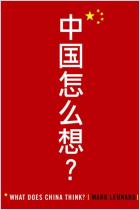
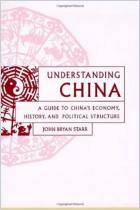
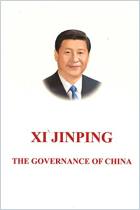
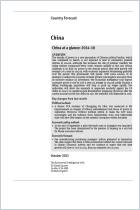
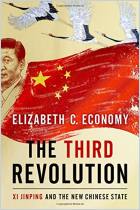
Comment on this summary